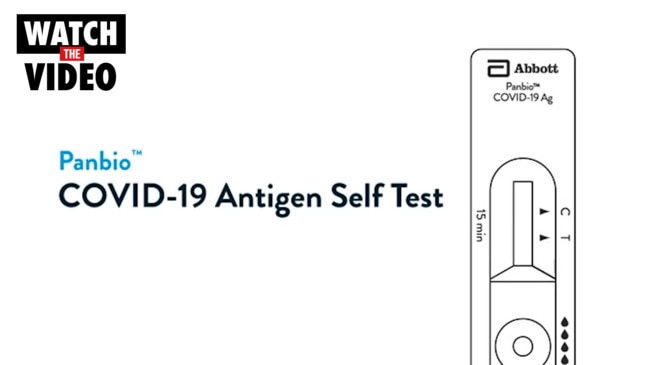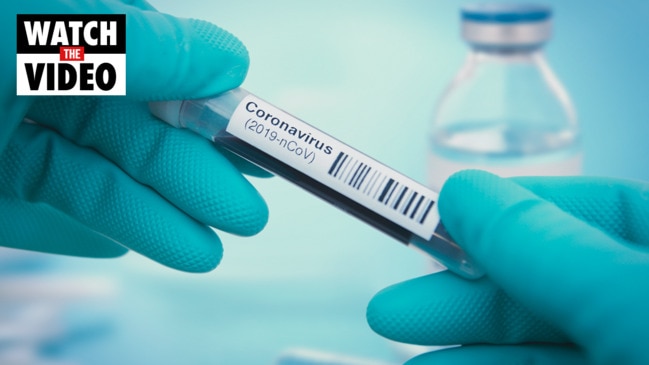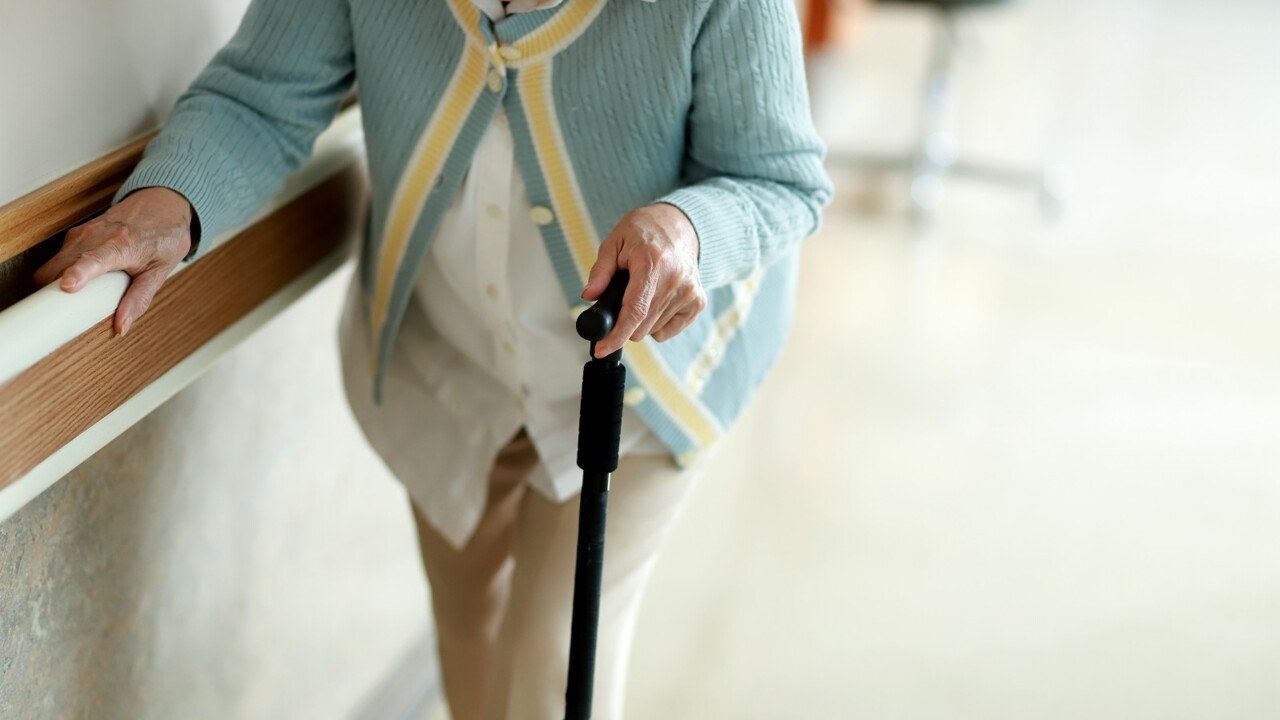Don’t rely on RAT results, get flu jab now: Doctors
Doctors have urged unwell Queenslanders to stay at home, saying many people could still have Covid even if they return a negative rapid antigen test.

QLD News
Don't miss out on the headlines from QLD News. Followed categories will be added to My News.
Doctors warn that Omicron and influenza symptoms are similar and that unwell Queenslanders should not trust that a negative rapid antigen test rules out Covid-19 and isolation.
“If you are sick with flu-like symptoms it’s best to stay home, regardless of RAT test results. We know that there are problems with people not using the tests properly,” Dr Bruce Willett Queensland chair of the Royal Australian College of General Practitioners said.
Experts have warned that swabbing nostrils too early in the course of an Omicron infection will not pick up the virus.

“Earlier Covid variants had different symptoms than Omicron. It’s hard to tell the difference between Omicron and the flu. Compared with Delta, Omicron is more likely to cause a sore throat and less likely to be associated with the loss of taste or smell. Omicron symptoms are very similar to influenza - runny nose, headache, fatigue, sneezing,” Dr Willett said.
Dean Whiting, chief executive of Pathology Technology Australia (PTA), said that one negative RAT result should not be interpreted as being virus free, the key is to repeat the test.

“For nasal swabs, it is critical you gently push the swab 1.5 to 2 cm into each nostril and rotate it for the amount of time indicated on the product instructions. If the test shows two lines, even if faint, treat it as a positive and assume you are infectious. RATs are most accurate during the infectious phase; the first 7 to 10 days,” he said.
Mr Whiting says there is no evidence test performance is impacted by the new BA.2 subvariant of Omicron because the variants appear not to display mutations at the part of the virus the rapid test detects.

The incubation period of Omicron – the period from being infected to getting symptoms – is approximately three days, with the person often becoming infectious a day or two before symptoms emerge. This is shorter than with Delta and earlier variants.
The average duration of illness is shorter with Omicron than Delta: five days compared to six.
“We are already seeing cases of flu which may have caught out some people who planned to have their flu shot soon. We may see a bad season of the flu and while it usually reaches its peak in August or September, this year we will have low immunity and should be prepared with a flu jab now,” he said.
Health experts have previously warned of the urgent need for a flu jab with the chances of Queenslanders catching “flurona” — getting both influenza and Covid at the same time.

Lancet research shows that a double whammy infection can place patients who are hospitalised with a higher risk of death and ventilation and if hospitalised, the chances of death doubles.
“If you never got a flu vaccination before in your life, now is the time,” University of Queensland National Health and Medical Research Council scientist Kirsty Short said.
“It is wise to be wary of the coming season. Co-infection in mice and hamsters in small animal models show that the animals suffer significantly more with both pathogens.
“The antibody response to the flu vaccine can give good response to co-infection,” she said.
Queensland Health reported Tuesday morning that the state had 43,251 active cases of Covid-19.
That is the lowest total of active cases the state has seen since the 41,852 figure on March 21.
But the number of new cases has increased for the second day in a row, with the state reporting 6467 today.
There are 564 people currently in hospital because of Covid, and 20 in the ICU.
A majority of Tuesday’s new cases were from rapid antigen tests, with more than 5000 returning positive results. Of the new cases, 1293 were from PCR tests.
As at April 17, 93.55 per cent of Queenslanders aged 16 years and older had had their first dose of a Covid-19 vaccine, while 91.95 per cent were fully vaccinated.
- additional reporting by Finn Morton
Originally published as Don’t rely on RAT results, get flu jab now: Doctors




